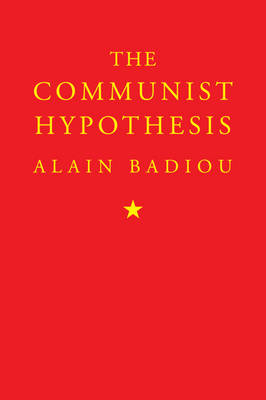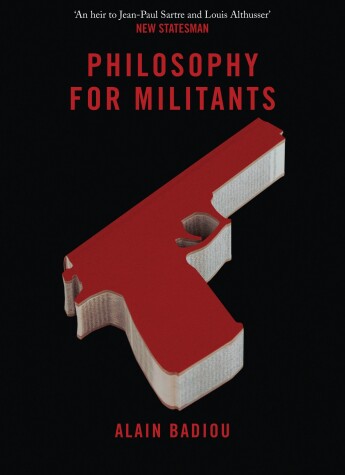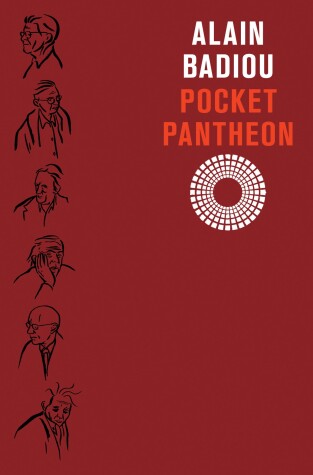Pocket Communism
3 total works
We know that communism is the right hypothesis. All those who abandon this hypothesis immediately resign themselves to the market economy, to parliamentary democracy - the form of state suited to capitalism - and to the inevitable and 'natural' character of the most monstrous inequalities. Alain Badiou's formulation of the communist hypothesis has travelled around the world since it was first aired in early 2008, in his book, "The Meaning of Sarkozy". The hypothesis is partly a demand to reconceptualize communism after the twin deaths of the Soviet Union and neoliberalism, but also a fresh demand for universal emancipation. As third way reforms prove as empty in practice as in theory, Badiou's manifesto is a galvanizing call to arms that needs to be reckoned with by anyone concerned with the future of our planet.
This concise, accessible volume captures the relationship between politics and philosophy as it is conceived in Alain Badiou's work. Harking back to his mentor Louis Althusser, Badiou explains how politics conditions philosophy, while suggesting that philosophy itself may be needed to clarify the truths produced within the political condition. Badiou also offers an intriguing take on what he calls the four major "ensembles" of French and, more broadly, Western society today, in which new emancipatory forms of politics are emerging: students, the young, workers and immigrants. Badiou concludes with a return to the notion of communism, here defined as an answer to the obscure knot that ties politics, philosophy and democracy.
"Pocket Pantheon" is an invitation to engage with the greats of Western postwar though, such as Lacan, Sartre and Foucault, in the company of one of today's leading political and philosophical minds. Alain Badiou draws on his encounters with this pantheon - his teachers, opponents and allies - to offer unique insights into both the authors and their work. These studies form an accessible, authoritative distillation of continental theory and a capsule history of a period in Western thought.


